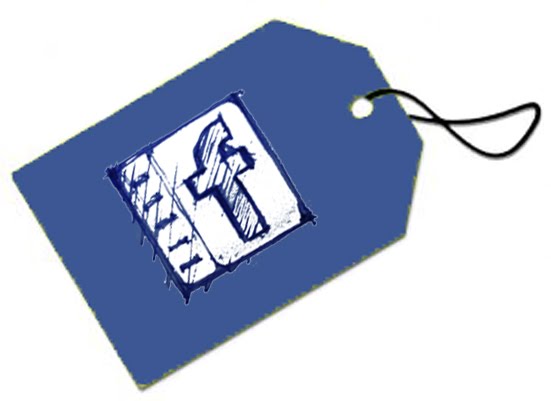 There’s no denying that Facebook’s photo tagging feature, once exclusively used to identify the various college kids’ in drunken party photos, has become something of a vital social networking function. Whether or not Facebook knew tagging would be such a valuable asset or not (and as these things usually go with Facebook, it’s safe to say it did), it’s now officially the company’s intellectual property.
There’s no denying that Facebook’s photo tagging feature, once exclusively used to identify the various college kids’ in drunken party photos, has become something of a vital social networking function. Whether or not Facebook knew tagging would be such a valuable asset or not (and as these things usually go with Facebook, it’s safe to say it did), it’s now officially the company’s intellectual property.
Facebook was awarded a patent for the technology on May 17, which is described as “selecting region and sending a notification of the association the person or entity or a different person or entity. The method may further include sending advertising with the notification.” Patent number 7,945,653 was filed in 2006 and describes digital photo album predecessors as “disparate and disorganized.” The claim argues that Facebook’s tagging method made sense of this virtual image debacle and has given us a way to cleanly and clearly identify photos’ contents while also alerting users their likeness is on the Internet and in plain sight.
But did Facebook actually get there first? A Pew Internet and American Life project from 2007 that researched the Web 2.0 tool noted that sites like Delicious, Flickr, YouTube, and Technorati were implementing tagging systems – with no mention of Facebook. But to be fair, the social networking site has been crucial in refining its use and bringing it to a much more mainstream audience. It’s also, of course, responsible for creating the world’s most popular online community in which being able to reference tagged media is essential.
While Facebook has laid claim to tagging, it doesn’t simply own the technology at its most basic. Instead, it’s the finer points that the social sites will have to pay for, and primarily relate to the system in which users are notified and respond to tagged media.

